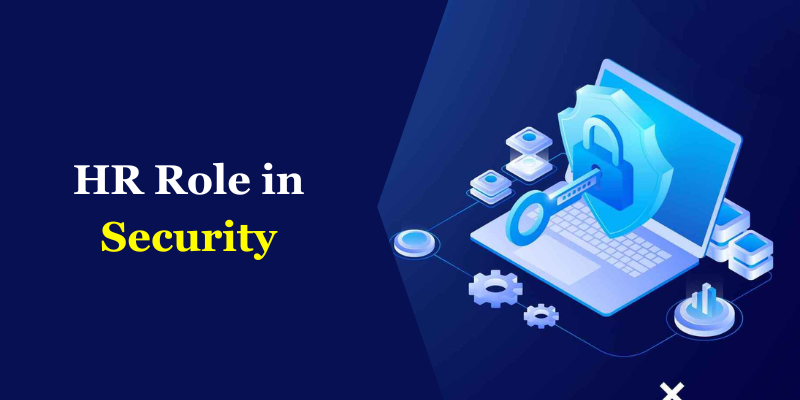
A robust security policy protects an organization’s digital and physical assets. While IT departments often lead in developing and managing these policies, Human Resources (HR) is critical in ensuring their effective enforcement. HR’s involvement is crucial in translating technical requirements into actionable employee guidelines. A Cyber Security Course in Chennai can further enhance understanding of these practices. This blog explores the key responsibilities of HR in enforcing security policies and how their efforts contribute to a secure organizational environment.
Communicating Security Policies Effectively
One of HR’s primary responsibilities in enforcing security policies is ensuring they are communicated to all employees. This begins with onboarding, where new hires are introduced to the organization’s security policies and procedures. HR is responsible for incorporating these policies into employee handbooks, conducting initial training sessions, and providing ongoing reminders through various communication channels such as emails, newsletters, and internal portals.
Effective communication also involves tailoring the message to different employee groups to ensure the policies are understood and relevant. For instance, technical staff might need detailed information on specific security protocols, while non-technical staff may require a general overview. HR’s role is to facilitate this understanding and ensure everyone knows their responsibilities in maintaining security.
Training and Awareness Programs
HR is instrumental in developing and delivering training programs reinforcing security policies and best practices. Regular training sessions help employees stay updated on the latest security threats and preventive measures. HR coordinates these training programs, ensuring they are comprehensive, engaging, and relevant to employees’ roles. Collaborating with a Training Institute in Chennai can further enhance these efforts by providing expert-led training and additional resources.
Beyond initial training, HR is responsible for organizing refresher courses and updates in response to emerging threats or changes in policy. These programs reinforce the importance of security and equip employees with the knowledge and skills needed to adhere to policies effectively.
Monitoring Compliance and Addressing Violations
Enforcing security policies requires ongoing monitoring to ensure employees comply with established guidelines. HR collaborates with IT and security teams to track adherence and identify potential breaches. This might involve conducting regular audits, reviewing access logs, and assessing compliance with data protection practices.
HR is key in managing the disciplinary process when policy violations occur. This includes investigating incidents, determining appropriate actions, and communicating with the affected parties. HR must handle violations with discretion, ensuring that corrective measures are fair and aligned with the organization’s policies. An HR Course in Chennai can provide additional skills and knowledge to enhance these training efforts.
Fostering a Security-Conscious Culture
HR’s role in enforcing security policies extends beyond compliance to fostering a culture of security awareness. By promoting the importance of cyber security and integrating it into the organization’s values, HR helps create an environment where security is a shared responsibility.
HR also aims to encourage open communication about security concerns and provide a platform for employees to report suspicious activities. This proactive approach helps build a culture of engagement and motivation to adhere to security policies.
Human Resources is pivotal in enforcing security policies, bridging the gap between technical requirements and practical application. HR ensures that employees implement and embrace security policies by effectively communicating policies, organizing training programs, monitoring compliance, and fostering a security-conscious culture. A Cyber Security Course can further enhance an understanding of these practices. As organizations face evolving cyber threats, HR’s contribution to enforcing security policies will remain crucial in safeguarding their digital and physical assets.
Also Check: How Do You Conduct a Cyber Security Audit for Your Business?
